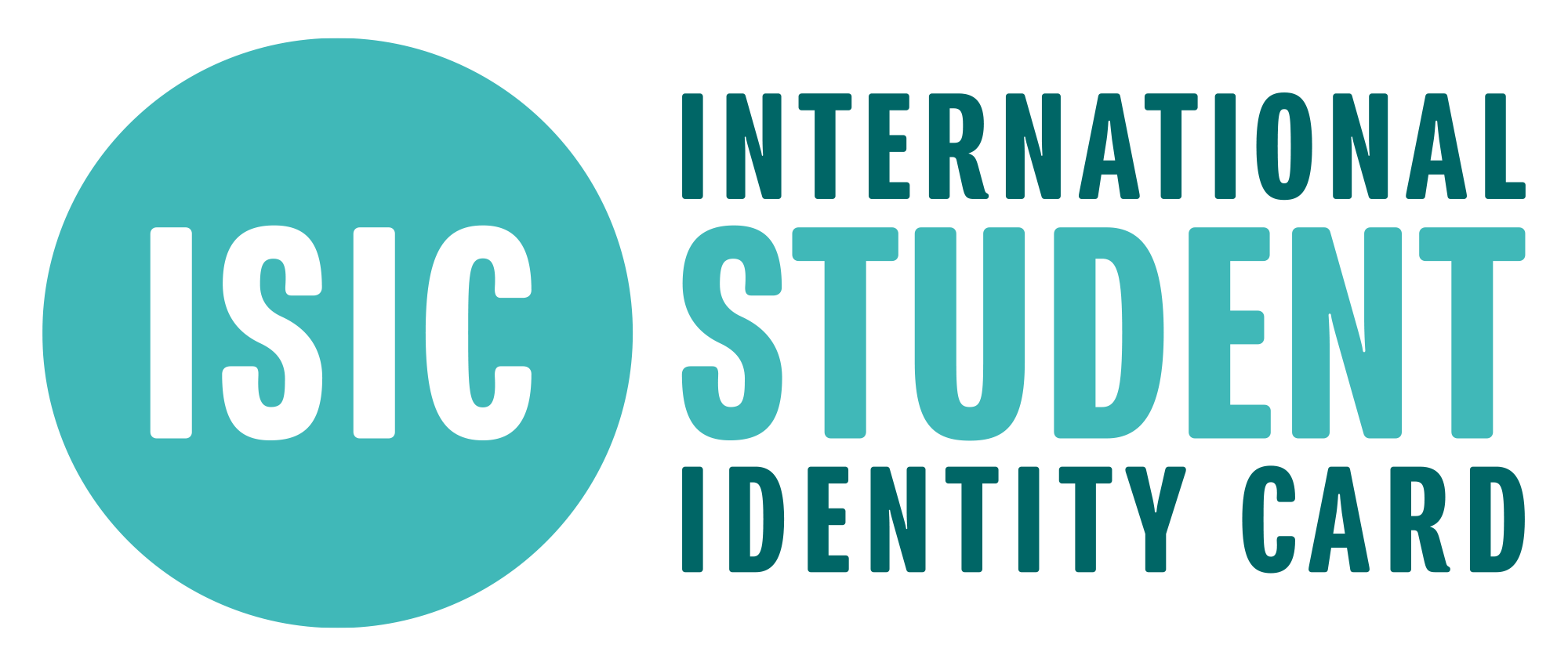


Keep up your language skill and internationality at home with these tips from ISIC!
How to be international at home?
Longing to travel, to study, to live and work abroad may sometimes be absolutely agonizing. Being international, however, doesn't always have to mean leaving your home country. You can enhance and broaden your skill set, knowledge and cultural relations here at home!
Being international at home? What?
As said, you don't have to leave home to be international. Language courses, volunteering at international organizations, taking part in and organizing cultural events, hosting international guests and even immersing yourself in foreign cuisine, literature, movies, games and TV series can be international activity. To put it short, it's easy to be international at home, and you'll be the one defining how you're going to do it. If you feel like being international at home sounds like a broad and vague concept to you based on the few lines above, read a few of our tips below on how to bring internationality to your student life here at home!

What can I do?
An international degree and language studies in your home country
One option to be international at home and to take yourself towards an international study and career path is to apply to an international degree study program in your home country. Many universities offer international bachelor's and master's degrees, as well as international minor study programs you can include in your degree. Most international degrees are in English, and doing your degree in English you are likely to expand and improve your job opportunities both at home and internationally. On top of that, you are better prepared to study a post-grad degree abroad, when you've already become familiar with the professional and academic English of your field during your degree studies. Why not check out Nordic Master program? Nordic Master Program is an international master's degree program during which you'll study in at least 3 different Nordic universities. Check out the program and application information for Nordic Master Program here.
Even if you wouldn't complete and international degree, all higher education institutions offer language studies. Language studies don't always have to mean mastering a new language completely - being curious about another language and culture and simply wanting to immerse yourself in it is also a fantastic way to be international without having to worry too much about your grades. Remember that to learn a language it's also necessary to learn something about the culture/countries where the said language is spoken - to fully understand a language, you need to know the environment and cultural realities where it is spoken.

Tutoring or being a host family
In almost every higher educational institution there are international clubs and societies, so don't hesitate to browse the associations and clubs active at your school and take part in the activities that interest you the most. You could also become a tutor at your school to incoming exchange students and foreign degree students, and help them get accustomed to their new school, new home city and your home country. Tutoring, you get to enhance your language skills either in English or on another tongue you've mastered, and you'll of course meet new people from all around the world, which will surely teach you a thing or two about foreign countries and cultures.
Have you ever been abroad as an exchange student? The host family plays a major part in the exchange student's experience abroad. Hosting an exchange student in your home country will give you and your family an excellent chance to learn about the culture and customs of another country, and you also get to use your English, teach your local language to your exchange student and learn bits of their language in return. Check out more information on becoming a host family at AFS and YFU.

International bodies, organizations, associations and events in your home country
Watching the news is a good way to keep up with what's going on in the wide world, but if you are more interested in international matters or you have an organization or a field you'd like to work with in mind, the first and easy step to take is to follow them on social media. Many organizations and associations organize events that are only promoted in their own channels, so if you're not following them, you might miss something that would've been really interesting to you. By following for example the European Commission and Parliament, you'll also get the latest news about what's happening in European politics, decisions and developments.
You can also take part in the operations of an international organization in your home country - you don't need to leave your home country to be able to help people elsewhere. Check out the local activities of the Red Cross, Unicef or Greenpeace, for example, and see if they've got an interesting project going on. Part-taking in international projects at home will have an impact regionally somewhere else or globally. Also, if there are any international film, food, music or art festivals around in your home town, go and take a look; you're likely to have a great time! There are many associations specializing in the cultural exchange between individual countries - check out Nordjobb for Nordic cooperation, Sasakawa Foundation for Nordic and Japanese cooperation and Fulbright for relations to the US.

 Get your ISIC card
ISK 1900
Get your ISIC card
ISK 1900
